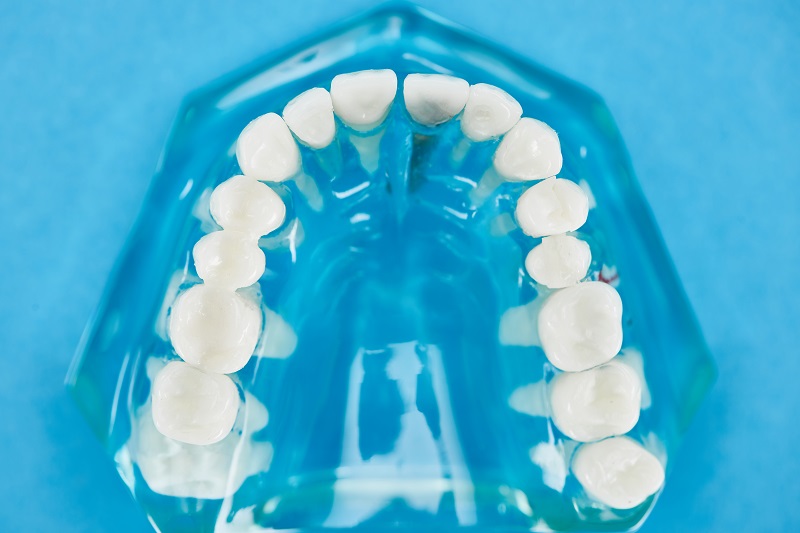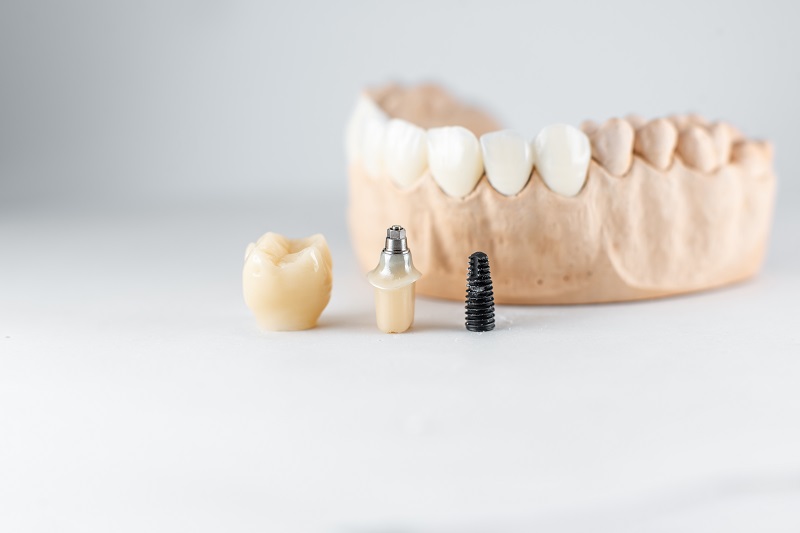 03Sep
03Sep Process of Getting Dental Implants
Before the Dental Implant Placement Procedure: Consultation and Examination: The process begins with a consultation and examination with a dental professional. They will evaluate your oral health, discuss your medical history, take X-rays or CT scans, and determine if you are a suitable candidate for dental implants. Treatment Planning: If you are deemed a candidate for dental implants, a treatment plan will be developed. This plan includes the number of implants needed, the type of restoration (crown, bridge, denture), and the overall timeline for the procedure. Preparatory Procedures: In some …





